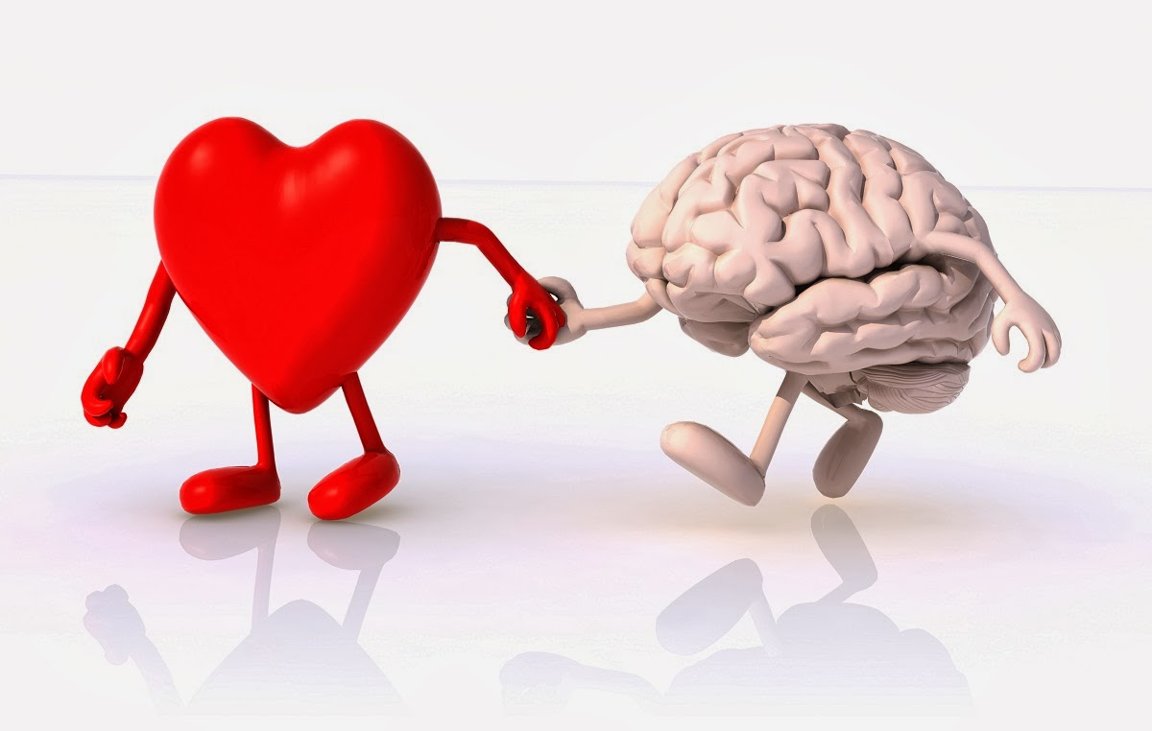SEVEN TIMES OMEGA-3 FOR A HEALTHY BRAIN

Omega-3 fatty acids are essential for good health and normal development of the brain. But omega-3 has many more benefits at the cognitive and psychological level. We have listed the seven best-founded applications for you.
1 - General Brain Function
The largest concentration of DHA in the body is in the brain, nervous system and retina, where it is incorporated into membranes in the form of phospholipids. DHA has a beneficial effect on the structure and function of membranes and is a precursor of anti-inflammatory and nerve-protecting compounds. Adequate intake of DHA from fish or algae, for example, is crucial for proper functioning of the (central) nervous system.
2 - Psychological health
A long-term suboptimal intake of DHA (and EPA) increases the risk of thinking, behavior, mood and / or disorder. A wide range of conditions are associated with developmental disorders, depression, bipolar disorder, schizophrenia, borderline disorder, stress and aggression, cognitive decline and later-age dementia.
3 - Neurocognitive and visual development
Adequate supply of DHA (and the omega-6 fatty acid arachidonic acid) is crucial for the development and development of the central nervous system. Studies show that DHA supplementation during pregnancy and lactation has significant positive effects on the child's visual, cognitive and motor development and is associated with a higher IQ at 4 years of age and improved neurological development at 5.5- age.
4 - Learning and behavior in schoolchildren
Compared to children with a high DHA level, healthy schoolchildren (7-9 years) with low DHA blood levels have more difficulty reading and less work memory, according to research. In addition, they are emotionally labile and show more problem behavior. The British study demonstrating that a reduced DHA status also has significant effects on thinking and behavior of healthy schoolchildren without pronounced learning and behavioral problems such as ADHD and dyslexia.
5 - Memory and response time
A good DHA status is important for the brain function at all ages. In a placebo-controlled study, DHA supplementation (1160 mg / day for 6 months) resulted in significant improvements in memory and response time in healthy young adults with low dietary DHA intake.
6 - Cognitive decline
There is increasing scientific evidence that increase in intake of omega-3 fatty acids (especially DHA) reduces the risk of age-related cognitive decline and (early) delaying disease processes that result in vascular dementia or Alzheimer's disease. In elderly people with depression and mild cognitive impairment, depressive symptoms decreased by increasing DHA or EPA intake, while improvements in thinking and perception of physical well-being were associated with higher DHA intake.
7 - Cardiovascular disorders
Many studies confirm the significant role that omega-3 fatty acids can play in the primary and secondary prevention of cardiovascular disease, mainly by reducing the risk of coronary heart disease. This indirectly also affects the blood supply to the brain, thus helping omega-3 in more than one way contribute to good brain health and brain development.
